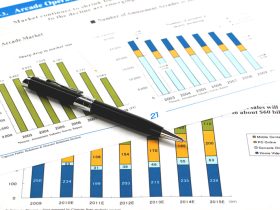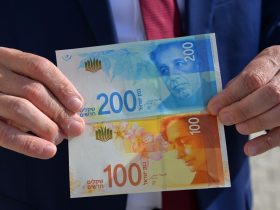In a bid to maintain economic stability and keep the International Monetary Fund (IMF) bailout program on track, Pakistan’s caretaker government is reportedly seeking around $11 billion from China and Saudi Arabia. This initiative comes as part of broader efforts to bridge both external and domestic resource gaps until an elected government takes office, according to a policy statement issued by caretaker Finance Minister Shamshad Akhtar on Thursday.
The caretaker government is also working on an economic revival plan, which is set to be presented to caretaker Prime Minister Anwar ul Haq Kakar shortly. The plan will also be shared with the Senate Standing Committee on Finance. While the caretaker government has limited scope for undertaking deep-rooted structural reforms, it has committed to implementing reforms that are part of the IMF program, thereby ensuring the disbursement of a $700 million loan installment. Negotiations with the IMF are slated to begin by October end.
In June, the IMF agreed in principle to a nine-month Stand-by Arrangement (SBA) worth about $3 billion with Pakistan. According to Akhtar, delivering on the IMF program is a top priority for the government in order to ensure economic stability and continuity.
Despite these measures, Akhtar noted that Pakistan’s financing needs remain high. However, through joint efforts with all stakeholders, she expressed confidence that the government would be able to secure disbursements from the project pipeline and revive some policy-based financing from multilaterals.
In addition to seeking bilateral financing of $11 billion from China and Saudi Arabia, Pakistan has requested a Saudi oil facility. To meet external financing requirements, efforts are underway to secure concessional funding from multilaterals such as the World Bank, Asian Development Bank, and Islamic Development Bank amounting to $6.3 billion.
However, Akhtar warned of potential risks posed by rising international commodity prices. In particular, prices surged to $95 per barrel in September, marking a 27% increase from $74 per barrel in June.
This article was generated with the support of AI and reviewed by an editor. For more information see our T&C.
Read the full article here













Leave a Reply